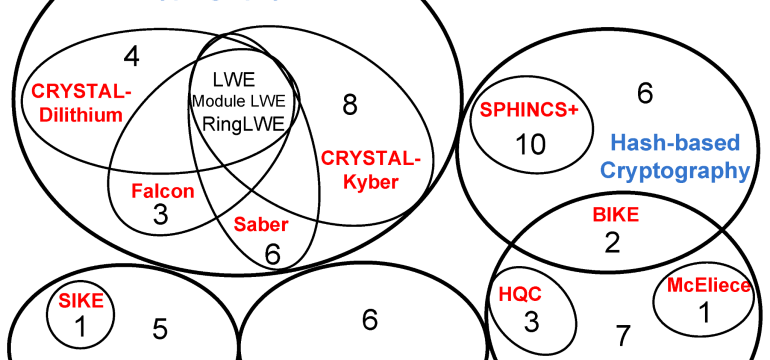Authors: Dr. G S Mamatha, Namya Dimri, Rasha Sinha
Published on: March 18, 2024
Impact Score: 8.0
Arxiv code: Arxiv:2403.11741
Summary
- What is new: The paper elaborates on Post-Quantum Cryptography (PQC) algorithms as a defense against quantum computing threats, a relatively new field aimed at protecting digital communication against the superior computational power of quantum machines.
- Why this is important: Classical cryptographic systems like RSA and ECC are vulnerable to quantum attacks, particularly by algorithms like Shor’s, threatening the security of digital communications.
- What the research proposes: Introduction of various PQC algorithms (lattice-based, code-based, hash-based, multivariate polynomial cryptography) that are designed to be secure against quantum computing attacks.
- Results: Emergence of PQC as a crucial innovation in securing data integrity, confidentiality, and authenticity against the quantum computing threat.
Technical Details
Technological frameworks used: Principles of quantum computing as a framework for understanding the threat to traditional cryptography.
Models used: Lattice-based cryptography, code-based cryptography, hash-based cryptography, and multivariate polynomial cryptography.
Data used: Analysis of vulnerabilities in classical cryptographic systems and the computational capabilities of quantum machines.
Potential Impact
The cybersecurity industry, digital communication service providers, and companies relying on cryptography for data protection could benefit. This includes financial institutions, government agencies, and IT service providers. Companies developing quantum computers could also be impacted.
Want to implement this idea in a business?
We have generated a startup concept here: QuantumSecure.



Leave a Reply